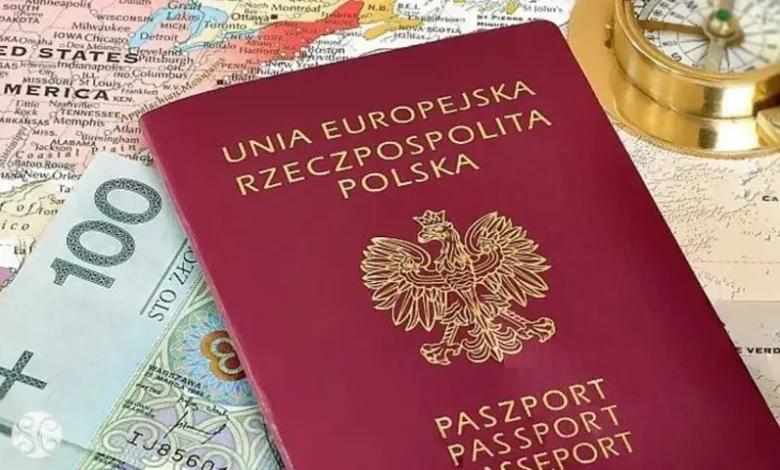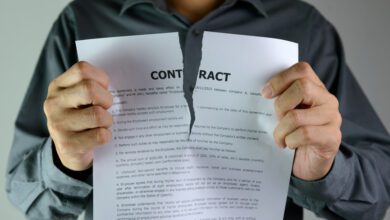Updating the rules of citizenship and repatriation in Poland: what has changed in costs and procedures

Ukrainians who have found temporary protection or permanent residence abroad are increasingly faced with the need to better understand the laws of the countries in which they are staying. The times of temporality are passing, and realities require stability in legal status, housing, employment, medicine, education. Knowledge of local legislation, especially in areas such as citizenship, legalization and repatriation, is no longer an exception, but a prerequisite for life planning.
In Poland, where Ukrainians with different legal status temporarily live, the government has strengthened the regulation of two key areas: acquiring citizenship and participation in the repatriation program. The changes entered into force on August 1, 2025 and affected several components at once – financial, procedural and documentary. In this regard, it is important to know what has changed and what steps should be taken by those who consider Poland as a permanent residence or seek to return to their historical homeland through the repatriation mechanism.
Changes in the acquisition of citizenship in Poland
Acquiring citizenship of the Republic of Poland is a long and multi-level procedure. By August 1, 2025, it already required considerable preparation, gathering of documents, passing of interviews and careful analysis of materials. From now on, a serious financial burden is added to this process.
If earlier the application for citizenship through the voivode cost 219 zlotys, now this amount is 1,000 zlotys. In the case of applying through the President of the Republic of Poland, which until now remained free, applicants will now have to pay PLN 1,669. Also, the fee for consideration of cases on recognition of the presence or loss of citizenship has been significantly increased — from 58 to 277 zlotys.
This rising cost means that even the initial filing becomes an overwhelming financial burden for many families. To this, you need to add the costs of document translation, notarization, apostilles, postal services and consultations with lawyers. The total amount can reach several thousand zlotys, which is already a barrier for low-income migrants.
Repatriation: who is affected by the program and how the conditions have changed
The Polish state repatriation program is aimed at the return of persons of Polish origin who were once deported to the Asian regions of the USSR. This is a formalized legal mechanism that allows you to obtain a permit for permanent residence, citizenship and social adaptation in Poland. The program has existed for more than 20 years, but recent changes have significantly complicated the path to realizing this right.
First of all, the criteria for proving Polish origin have been strengthened. From now on, family ties, which previously could be confirmed by testimony or copies of old documents, now require more specific and officially certified evidence. Demand for the content of archival certificates, certificates of ethnic origin, mentions in books of civil status records has increased. Testimonies of living relatives or public organizations, which were previously accepted as supporting evidence, are now evaluated more critically, requiring confirmation from independent sources.
Changes in financing adaptation of returnees
Simultaneously with the procedural complications, the financial component of state support was revised. If in previous years the Polish state fully or partially covered the costs of housing, moving and the first stages of adaptation, now these rules have been changed. Help is no longer automatically granted: it must be individually requested, argued and waited for a decision. Payments that previously could cover housing rent for several months or accommodation in a new place are now limited or only partially distributed.
The procedure for living in adaptation centers has also been changed. It is about shortening the length of stay, narrowing the list of available services (in particular, translation, legal, psychological) and revising the conditions for receiving social support. This means that the new returnees will be obliged to quickly provide for their own accommodation, job search and integration without the state support that existed before.
Queues and restrictions
Despite the declared openness of the program, statistics indicate its very limited scope. As of August 2025, about 8,000 people are in the queue for repatriation. However, Poland accepts only 600-700 repatriates every year. A simple mathematical relationship shows that even without new applicants, the current queue can stretch for decades.
That is, the possibility of exercising the right to return for persons of Polish origin is no longer a guarantee — it is rather a prospect that requires keeping documents up-to-date for years, waiting for an invitation and adapting to new regulations each time. And in light of the current limitation of funding and the increase in the cost of registration, some of the applicants may not wait to exercise their rights at all.
What Ukrainians considering citizenship or repatriation should consider
For citizens of Ukraine who moved to Poland as a result of the war and are considering options for long-term legal stay, these changes are of key importance. If one of the relatives is of Polish origin or the family has preserved documents that can serve as a basis for repatriation, it is necessary:
– collect all archival documents as quickly as possible – extracts, metrics, certificates, certificates;
– contact the Polish self-government bodies or consulates regarding the current list of requirements;
– consult with lawyers who have practical experience in supporting repatriation cases;
– carefully calculate the financial component – not only the payment for the examination, but also the cost of accompanying actions: translations, travel expenses, legalization of documents;
– to assess the chances and time frames – whether the family can wait 5-10 years in line for the realization of the right.
For those considering acquiring citizenship through residence, work or marriage, there are also new duties to consider. Even filing now requires several months of income, which in low-wage or unstable work conditions can be a critical factor.
Poland is one of those countries that provided the most support to Ukrainian citizens after the start of the full-scale war. However, the general trends of increased regulation, higher tariffs, reductions in financial assistance, and revisions to integration programs are signs that a new phase is beginning for foreigners.
It is no longer necessary to rely solely on state support or automatic rights. Ukrainians who want to stay in Poland should take responsibility for their legal status, study the current requirements, consult with lawyers and act in advance. Because he who does not know the changes, risks losing the chance when it appears. However, in conditions of increased procedures and reduced state participation, not everyone will have a chance.





